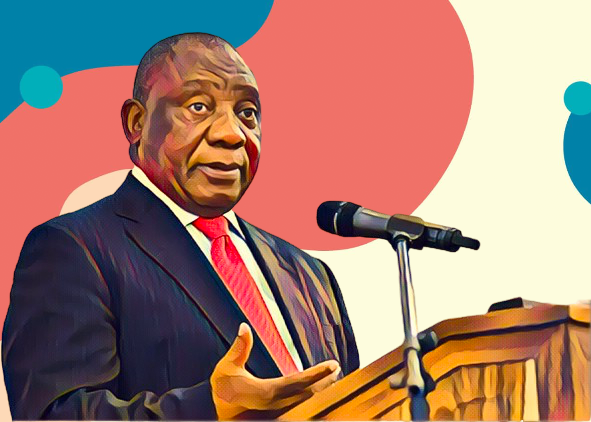South Africa’s municipalities play a vital role in the country’s shift towards cleaner energy, according to President Cyril Ramaphosa. However, the South African Local Government Association (SALGA) warns that current government energy policies might actually make it harder for municipalities to do their job.
At the Municipal Just Energy Transition Conference in Midrand, Gauteng, President Ramaphosa highlighted that municipalities are key players in distributing electricity and ensuring universal access. Out of 165 municipalities in South Africa, around half manage the local electricity grid. This means they have a big job in delivering power and moving towards cleaner energy.
President Ramaphosa emphasized the need for municipalities to lead in providing affordable, clean energy to their communities and businesses. He pointed out three main areas of focus:
- Access to Clean Electricity: Municipalities can now buy power directly from independent producers and even create their own power.
- Upgrading Infrastructure: The electricity grid needs major upgrades to handle future energy demands, especially with more renewable energy coming into the mix. This will require a lot of investment from both public and private sources.
- Building Skills and Capacity: Local governments need more training and resources to manage this energy shift effectively. New systems and planning are crucial for this transition.
The President also criticized the top-down approach to development, where projects are planned at the national level without considering local needs. He stressed the importance of local development that directly responds to community needs.
Despite the positive outlook from President Ramaphosa, SALGA President Bheki Stofile expressed concerns. He argued that government policies and laws are making it harder for municipalities to manage their responsibilities. The country’s current financial structure expects municipalities to fund most of their operations through local revenue, a third of which comes from electricity distribution. However, with Eskom handling about 60% of electricity distribution, municipalities lose significant revenue.
Stofile explained that this situation creates a cycle where municipalities struggle to collect payments while still being required to pay Eskom. The Electricity Regulation Amendment Act further complicates things by potentially taking away more of their electricity distribution roles. SALGA has asked both Parliament and the President to reconsider these policies, warning that they could undermine efforts to transition to cleaner energy.
Energy Minister Dr. Kgosientsho Ramokgopa spoke about the need for a fair energy transition that ensures energy availability and security while keeping prices affordable. He pointed out the massive 600% increase in electricity prices since 2006, which heavily impacts low-income households. The goal, he said, is to make sure everyone has access to affordable and reliable energy, while also supporting economic growth and competitiveness.
The conference emphasized the need for collaboration between all levels of government to build a sustainable energy future. It is clear that while municipalities are ready to take on the challenge, they need more support and resources to ensure a just and effective transition to clean energy in South Africa.
Source: ESI Africa



